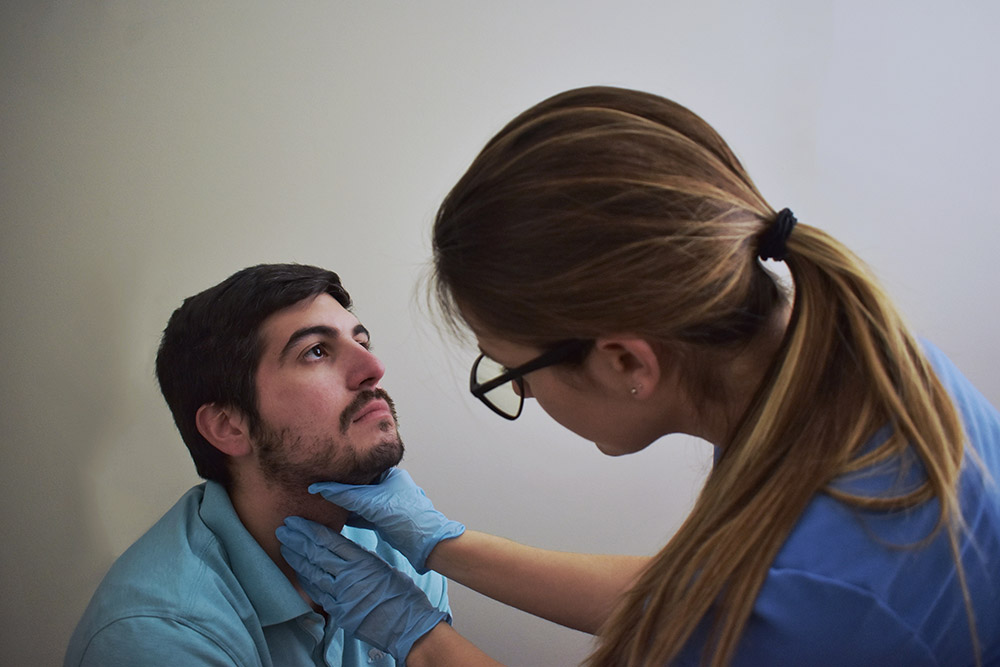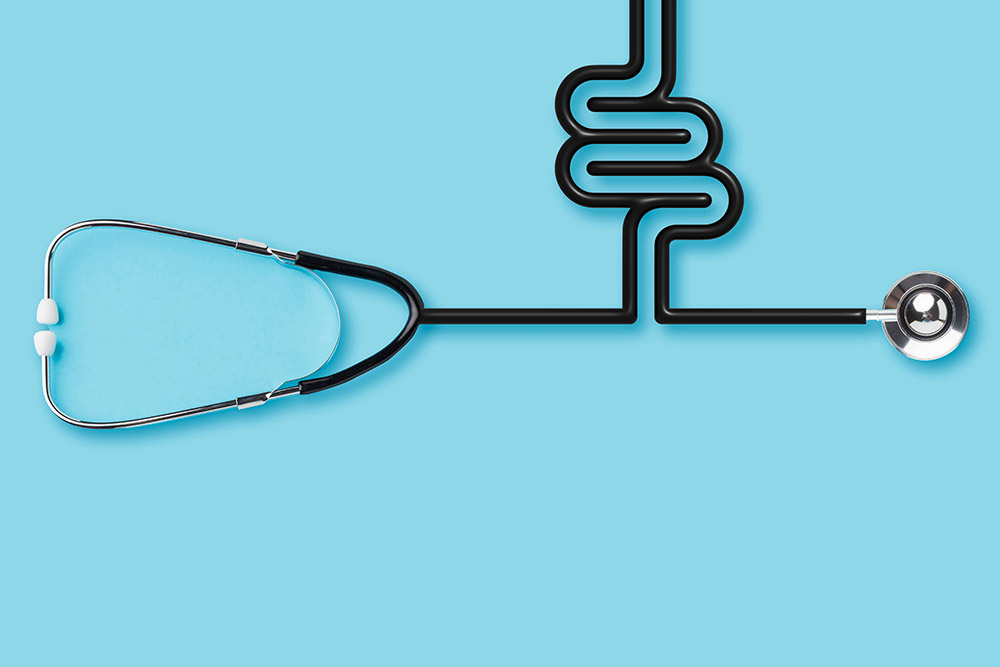What Is Lymphocytic Gastritis?
Lymphocytic gastritis is a rare type of stomach inflammation. It happens when immune cells, called lymphocytes, build up in the stomach lining. This can lead to pain, discomfort, or stomach upset. The ICD-10 code for lymphocytic gastritis is K29.5.
Common Causes and Risk Factors
- Celiac disease - About 30% of celiac patients may get this type of gastritis
- H. pylori infection - A common stomach bacteria that causes inflammation
- Autoimmune conditions - When the body attacks its own stomach lining
- Medications - NSAIDs and other painkillers may irritate the stomach
- Lifestyle - Smoking and heavy alcohol use increase the risk
Signs and Symptoms
- Pain or burning in the upper belly
- Bloating or nausea
- Loss of appetite or feeling full quickly
- Unwanted weight loss
- Discomfort after meals
How Dr. Rishi Chadha Diagnoses Lymphocytic Gastritis?
Dr. Rishi Chadha follows a step-by-step diagnostic process:
Medical History & Physical Exam
He reviews your symptoms, diet history, family or personal celiac risk, medication use (like NSAIDs), and lifestyle factors such as alcohol or tobacco.
Blood Tests
We check for anemia and perform celiac serology (tTG-IgA) to screen for gluten-sensitive enteropathy.
H. pylori Testing
Non-invasive tests-urea breath test or stool antigen-detect Helicobacter pylori infection, a common trigger for gastritis.
Endoscopy with Biopsy
- Upper endoscopy allows direct visualization of the stomach lining for subtle changes.
- Targeted biopsies are taken to confirm lymphocytic infiltration on histology (defined as =25 lymphocytes per 100 epithelial cells).
Additional Evaluation (If Needed)
In selected cases, further tests'such as stool studies, allergy panels, or repeat endoscopy-help rule out other causes and guide therapy.
Frequently Asked Questions
What causes lymphocytic gastritis?
Celiac disease, H. pylori infection, autoimmune conditions, or certain medications like NSAIDs and other painkillers.
Is lymphocytic gastritis serious?
It's uncomfortable and can cause chronic inflammation, but it's rarely dangerous when properly treated.
Is lymphocytic gastritis cancer?
No. This condition is not cancer, though untreated chronic gastritis may lead to complications.
Can lymphocytic gastritis lead to ulcers?
Yes. Long-term inflammation in the stomach lining may increase the risk of ulcers in some people.
How is lymphocytic gastritis different from other forms of gastritis?
On biopsy, it shows a high number of lymphocytes in the stomach lining, which distinguishes it from other types.
Does lymphocytic gastritis have an ICD-10 code?
Yes. The ICD-10 code for lymphocytic gastritis is K29.5.
What diet helps manage lymphocytic gastritis?
A bland, low-acid, low-fat diet is best. If you have celiac disease, follow a strict gluten-free diet.
How long does it take to feel better?
Most patients experience relief within 4 to 8 weeks with appropriate dietary changes and medications.
Do I need an endoscopy to diagnose it?
Yes. An endoscopy with biopsy is the only way to confirm lymphocytic gastritis by checking lymphocyte levels in the tissue.
Is lymphocytic gastritis genetic?
There's no clear genetic link, but it may be more common in families with celiac disease or other autoimmune disorders.











